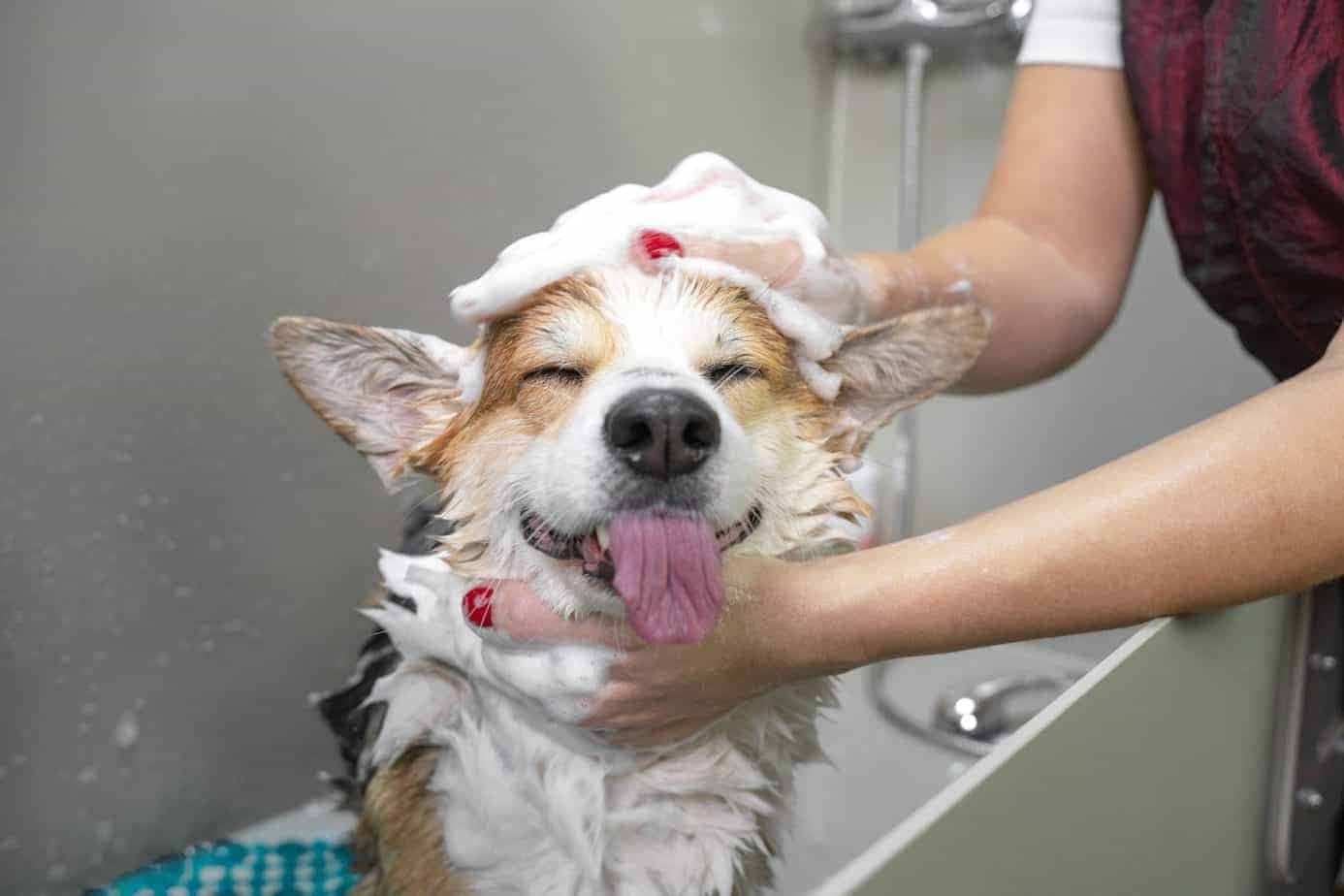Regular grooming is essential not only for a pet’s physical health but also for its mental well-being. Grooming sessions provide more than just cleanliness; they offer significant psychological benefits that contribute to a pet’s overall quality of life.
Stress Reduction
One of the primary benefits of regular grooming is stress reduction. Pets, like humans, can experience stress and anxiety. Grooming provides a soothing routine that helps pets feel calm and secure. “The gentle touch and attention during grooming can significantly reduce stress levels in pets,” explains Dr. Laura Green, a veterinarian specializing in animal behavior. This calming effect is particularly beneficial for pets that may be prone to anxiety or nervousness.
Bonding and Socialization
Grooming sessions also serve as a valuable bonding opportunity between pets and their owners. The time spent grooming a pet fosters trust and strengthens the human-animal bond. “Regular grooming allows owners to communicate care and affection, which reinforces the pet’s sense of security and attachment,” notes animal psychologist Dr. Sarah Adams. For pets that are frequently groomed by professional groomers, these sessions can also help them become more comfortable with being handled by others, promoting socialization skills.
Routine and Predictability
Establishing a regular grooming routine provides pets with a sense of predictability and structure, which can be comforting. “Animals thrive on routine, and regular grooming helps establish a consistent schedule that pets can anticipate,” says animal behaviorist James White. This predictability can reduce anxiety and improve overall behavior, as pets learn to associate grooming with positive experiences.
Mental Stimulation
Grooming can also be mentally stimulating for pets, providing a break from monotony and engaging their senses. “The variety of sensations experienced during grooming, such as brushing, bathing, and nail trimming, stimulates the pet’s mind and can prevent boredom,” explains Dr. Emily Johnson, a pet wellness expert. This mental stimulation is crucial for preventing behavioral issues that may arise from boredom, such as excessive barking or destructive chewing.
Health Monitoring
Regular grooming allows for early detection of potential health issues, which can contribute to peace of mind for both pets and owners. During grooming, issues such as skin conditions, lumps, or parasites can be identified early, allowing for prompt treatment. “Early detection of health problems can prevent serious issues from developing and ensure pets remain healthy and comfortable,” emphasizes veterinarian Dr. Maria Lopez.
Training and Behavior Management
Grooming can also play a role in training and behavior management. Pets that are accustomed to grooming from a young age are more likely to be cooperative and less fearful during grooming sessions. “Consistent grooming helps pets become accustomed to being handled, which can make them more receptive to other types of training and medical examinations,” says dog trainer Mark Thompson. This familiarity with being handled can reduce anxiety during vet visits and other necessary procedures.
Conclusion
Regular grooming is a vital aspect of pet care that offers numerous benefits for mental health. From reducing stress and fostering bonding to providing mental stimulation and early health detection, grooming contributes significantly to a pet’s overall well-being. Establishing a regular grooming routine not only enhances a pet’s physical appearance but also supports its psychological health, leading to a happier, healthier life. As pet owners become more aware of these benefits, the practice of regular grooming can help improve the quality of life for pets and strengthen the bond between pets and their owners.
